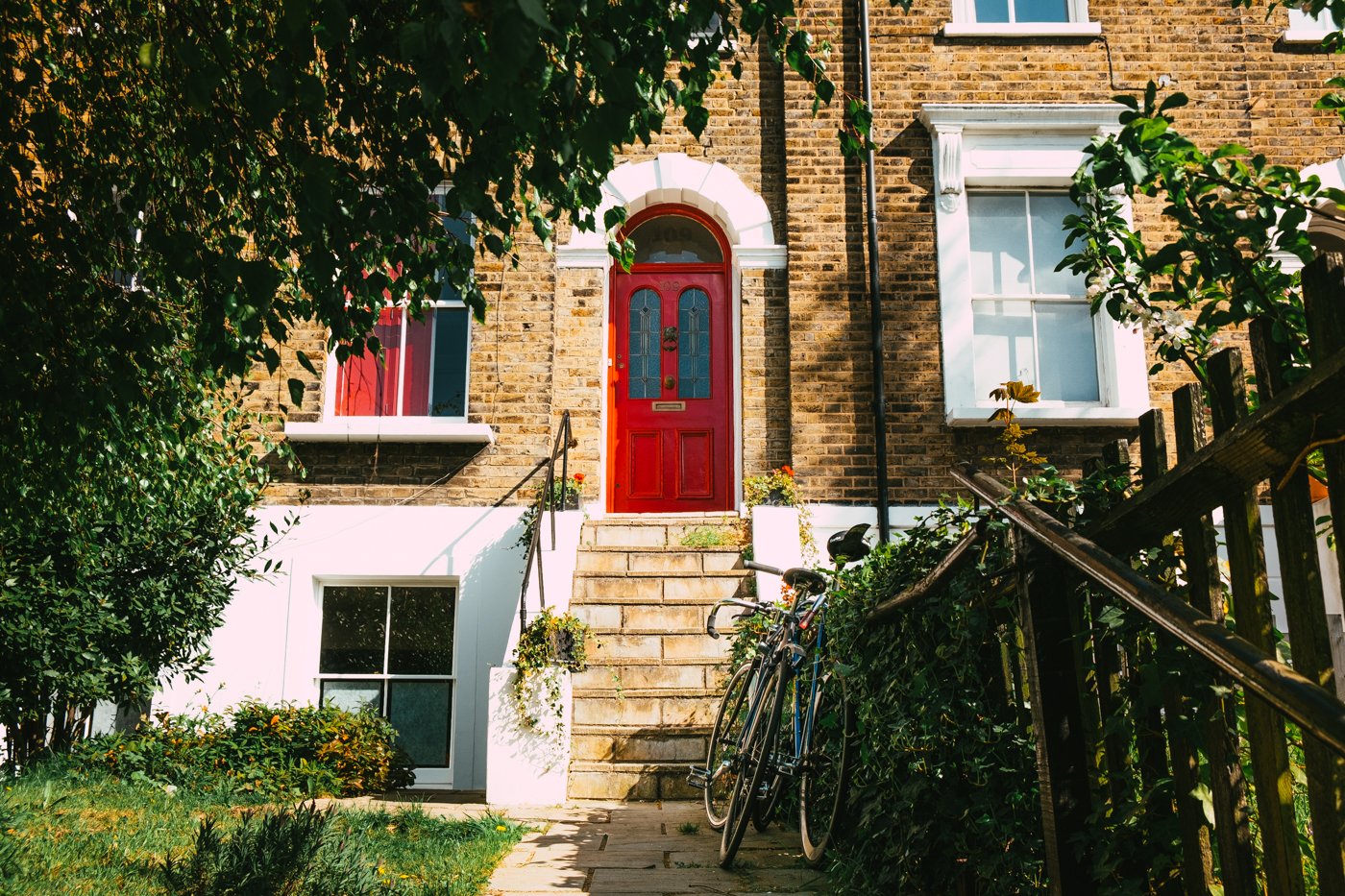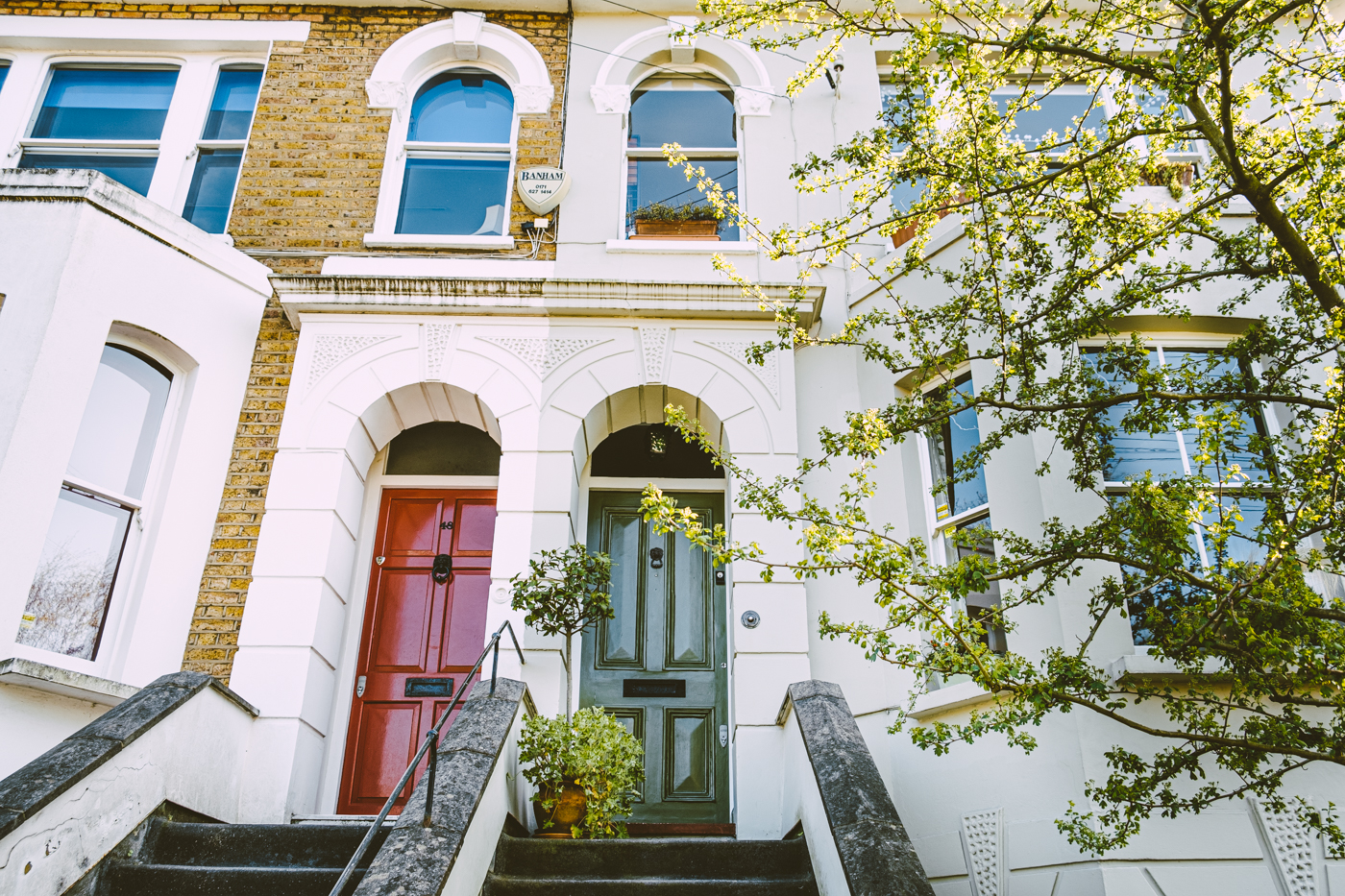Agencies should not open: Guidance on business and premises closures
All non-essential premises must now be shut, including agencies, following guidance from the government on business and premises closures to prevent the spread of coronavirus (COVID-19).
The Goodlord team
Mar 25, 2020
This article was updated on 30 March 2020. Although we endeavour to keep our coronavirus (COVID-19) content as up to date as possible, the situation is rapidly changing, so please ensure you refer to gov.uk for the latest advice and information.
All non-essential premises must now be shut following guidance from the government on business and premises closures. Further guidance on managing house moves during the pandemic reaffirmed that "agents should not open branches to the public during this period, or visit people’s homes to carry out market appraisals" and that "agents should ensure that employees can work from home, to support existing clients and advise potential new clients." The measures, which came into force on 23 March 2020 to prevent the spread of coronavirus (COVID-19), will be reviewed three weeks from this date.
Closures will be enforceable by law in England and Wales and further measures on enforcement could yet be taken, following the passage of the Coronavirus Bill through parliament. These measures will extend to Scotland and Northern Ireland by Ministerial Direction once the Coronavirus Bill is in force. Environmental Health and Trading Standards officers will be monitoring compliance and police support could be provided if necessary.
“Businesses operating in contravention of the Health Protection (Coronavirus, Business Closures) Regulations 2020 will be committing an offence,” says the government guidance. “Businesses and premises that breach them will be subject to prohibition notices, and potentially unlimited fines. People cannot invite unnecessary visitors into their homes which means viewings cannot be held, agents cannot visit homes to carry out a market appraisals or take photographs for property marketing, and Energy Performance Certificate assessments cannot be carried out during this time.
Landlords remain legally obligated to ensure properties meet the required standard, which means urgent, essential health and safety repairs should be made. An agreement for non-urgent repairs to be done later should be made between tenants and landlords.
Tradespeople carrying out essential repairs must be well and have no symptoms and follow the latest guidelines, including maintaining a two metre distance from any household occupants. "No work should be carried out in any household which is isolating or where an individual is being shielded, unless it is to remedy a direct risk to the safety of the household, such as emergency plumbing or repairs, and where the tradesperson is willing to do so. In such cases, Public Health England can provide advice to tradespeople and households. No work should be carried out by a tradesperson who has coronavirus symptoms, however mild. "
The government has announced several measures to assist businesses impacted by these closures, which will help agency businesses during this time, including statutory sick pay relief, cash grants, and a Coronavirus Business Interruption Loan scheme. Find out more about the support available for businesses at businesssupport.gov.uk.
This article is based on the government’s guidance on business and premises closures. It is intended as a guide only, is not exhaustive, and should not be considered legal advice. For more information, visit gov.uk.





